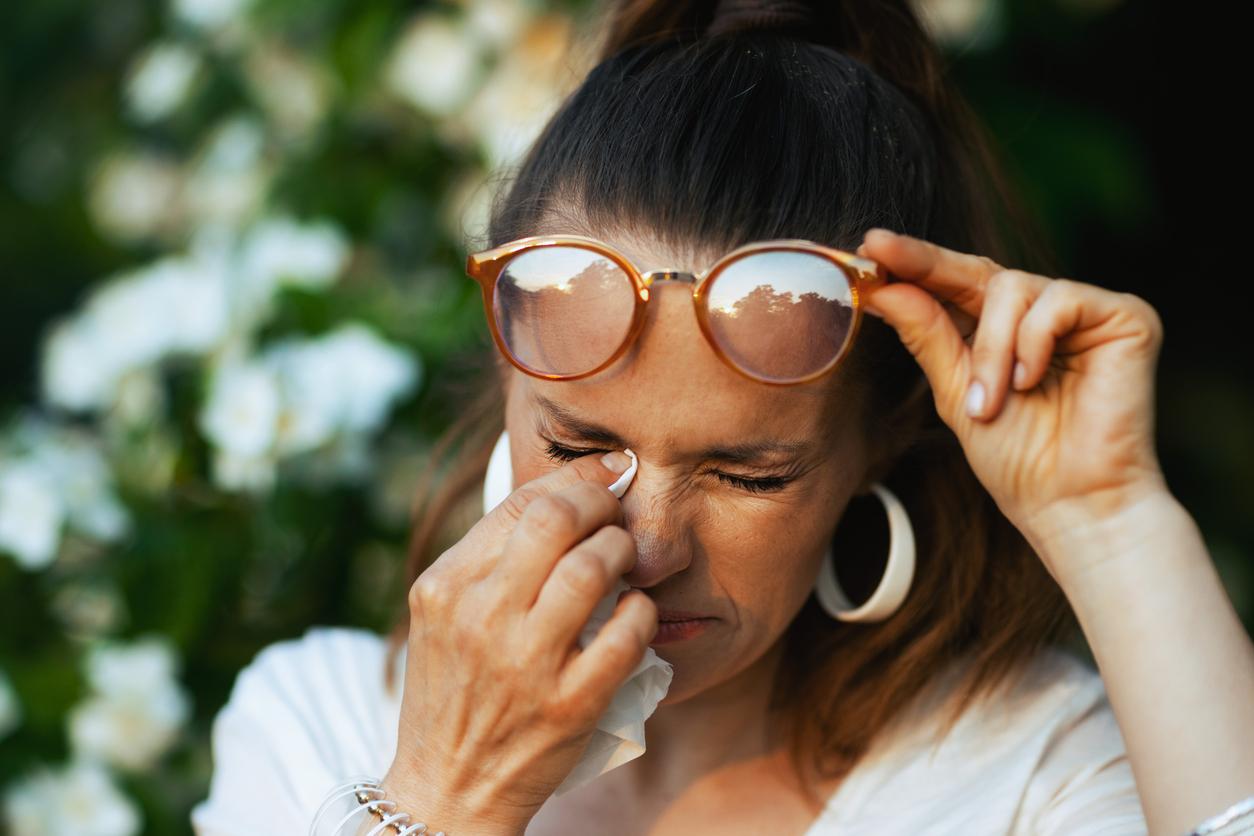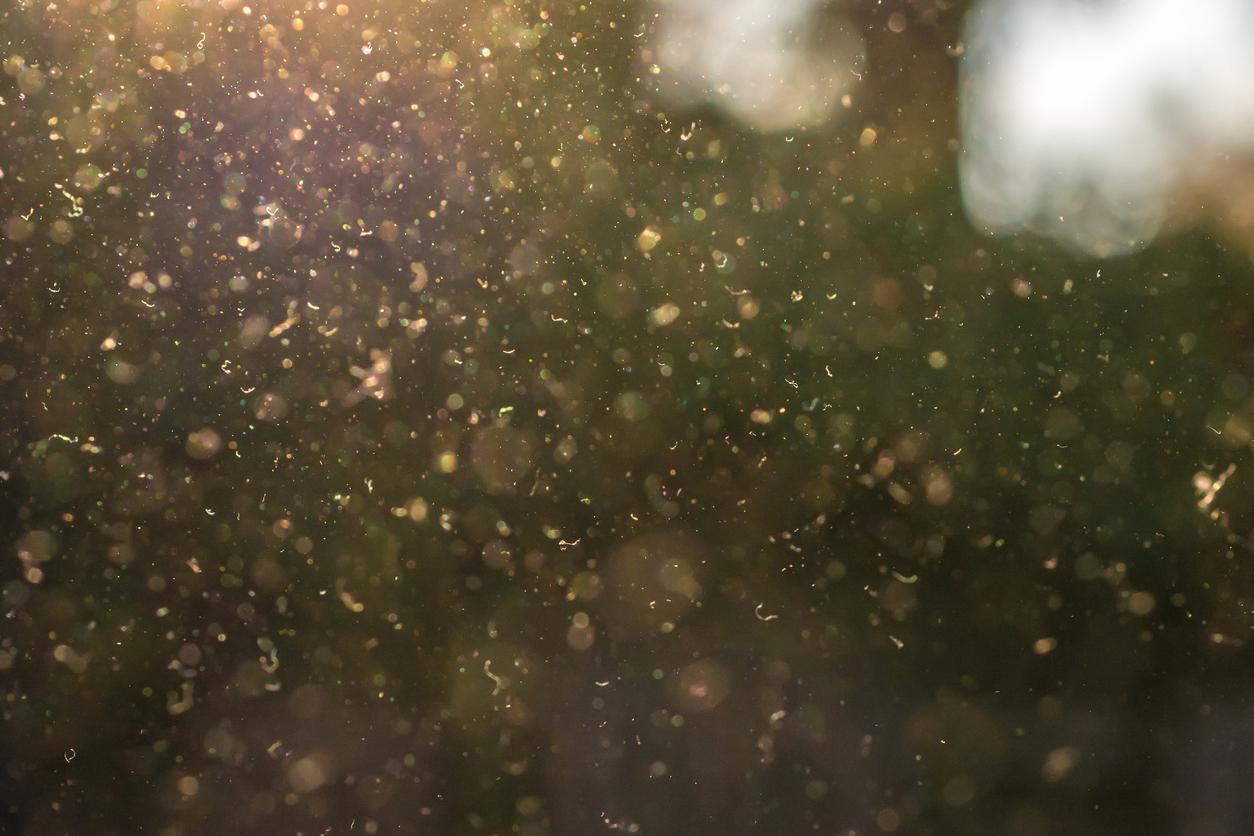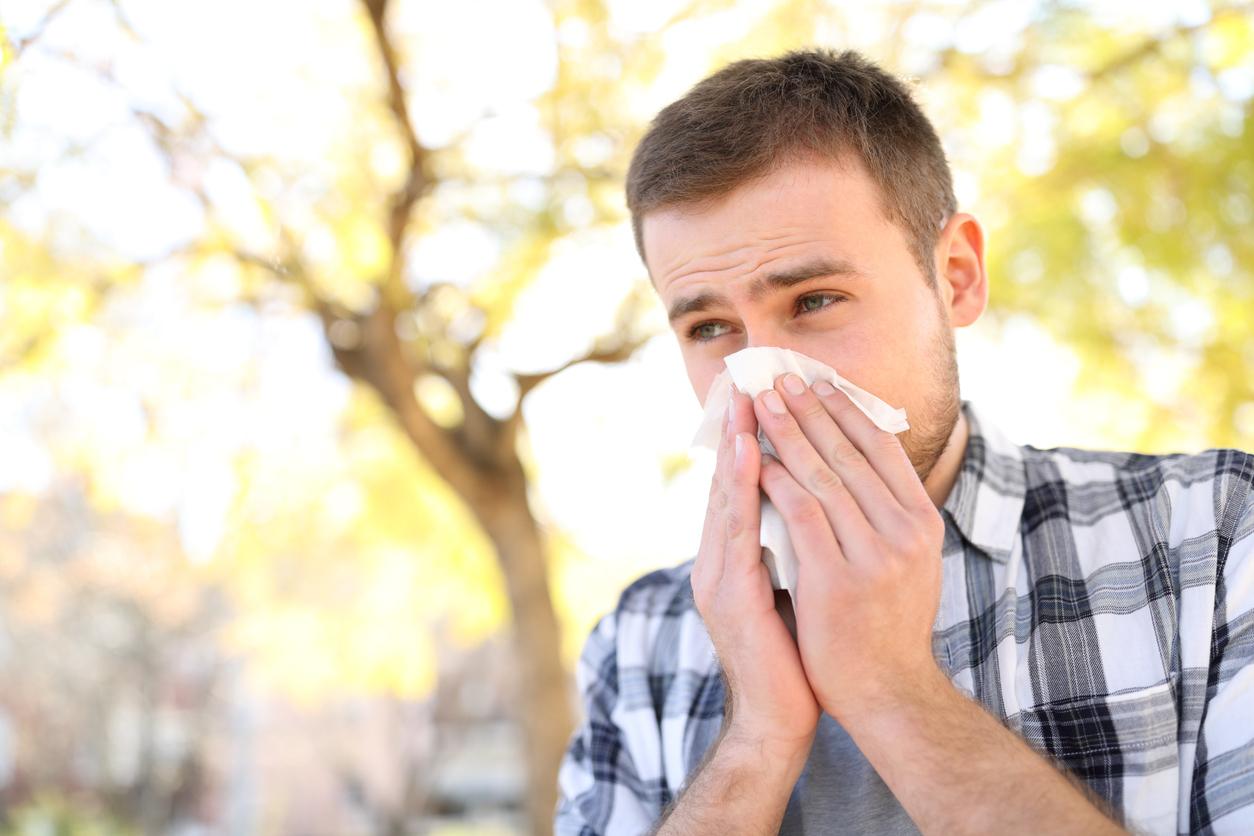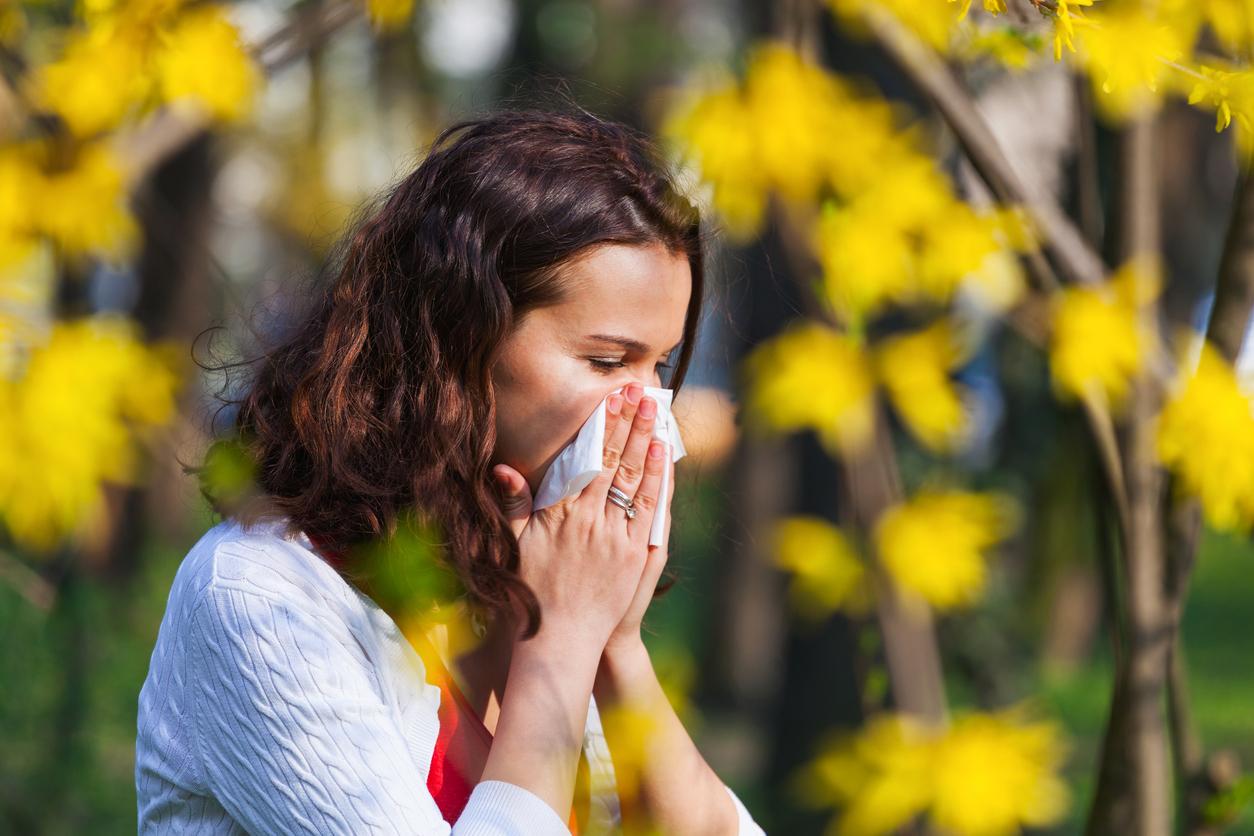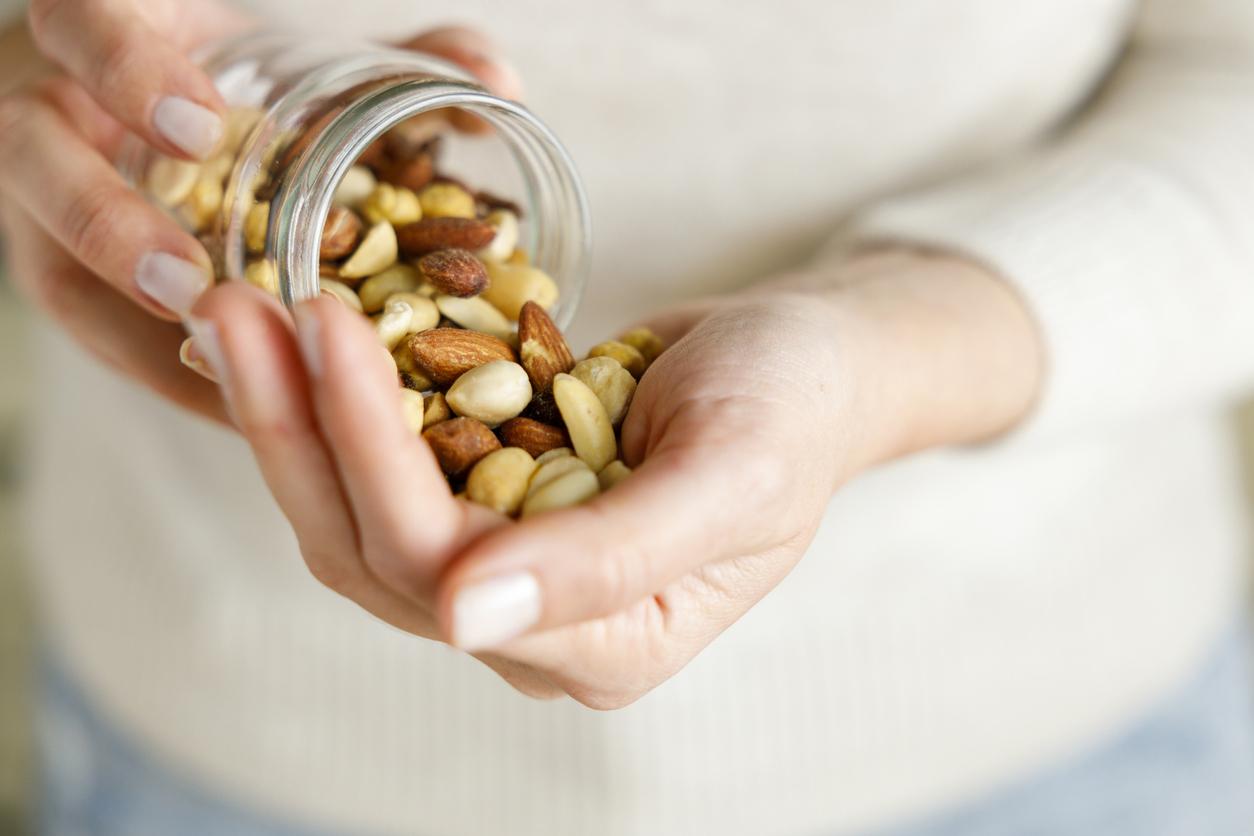Almost all of France has been placed on red allergy alert due to the high presence of grass pollen: only two Breton departments are spared by this powerful allergen.
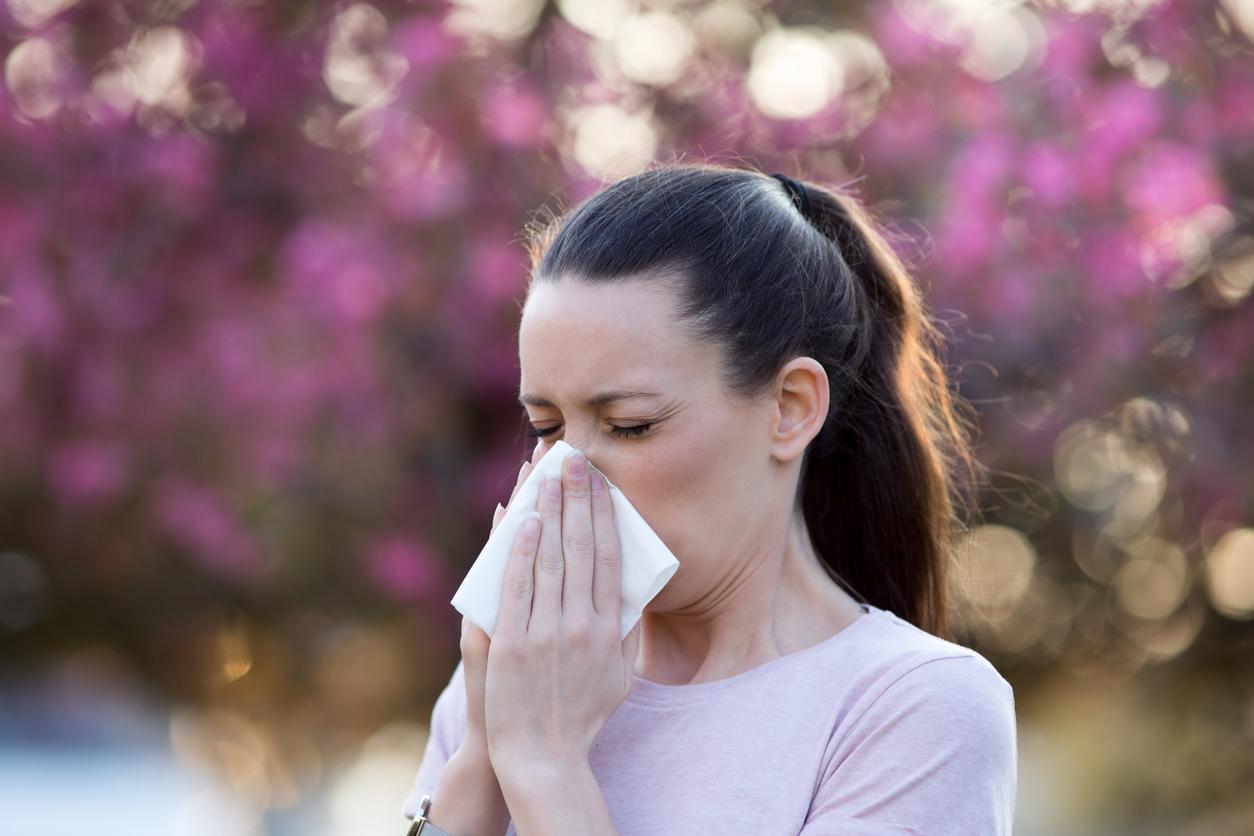
- Almost all of France is placed on high alert for grass pollen allergy.
- Only Finistère and Ille-et-Vilaine are at medium risk.
- Several actions can reduce the risk of suffering from seasonal allergies.
It is increasingly difficult to escape grass pollen: almost all French departments have now been placed on red alert by the Network National Aerobiological Surveillance (RNSA) due to the high presence of this allergen in the air.
Grass pollen: only two departments are spared.
In the update published on June 1, 2023, the organization dedicated to allergen tracking warns that the “allergy risk will be high for grass pollen throughout France except in a few Breton departments where it will be of average level”. The two areas spared are Finistère and Ille-et-Vilaine.
The statement adds “the beautiful sunny weather conditions and high temperatures will promote the emission and dispersal of grass pollen in the air”. People allergic to grass pollen can hope to breathe better than after “rare showers” who will come “put the pollen on the ground”.
“Around the Mediterranean, in addition to grasses, we will find parietaria pollen (urticaceae) and olive trees with a low to medium level allergy risk”, add the document.
On the other hand, sneezing and itchy eyes will be a distant memory for individuals sensitive to oak pollen or even plantain, sorrel and nettle pollen. (urticaceae) : the risks are low for these allergens.

Seasonal allergy: how to reduce the risks?
Sneezing attacks, itchy or stuffy nose, red or watery eyes… THE Seasonal allergy episodes can be particularly troublesome. However, several actions help reduce the effects of pollen.
When pollen levels are high, health authorities advise allergy sufferers to:
- to rinse the hair at night;
- dventilate their accommodation at least 10 minutes a day: it is best to do this at sunrise and after sunset;
- banish irritating or allergenic factors such as tobacco, chemical cleaning products, home fragrances, incense, etc. ;
- avoid outdoor activities that lead to overexposure to pollen: gardening, sports activities, “if necessary, prefer the end of the day and the wearing of protective glasses and a mask”specifies the Ministry of Health;
- born not dry clothes outside if the department is classified at risk;
- keep windows closed during car journeys.
It’s necessary “be even more attentive to these recommendations in the event of air pollution episodes”recalls the Ministry of Health.









